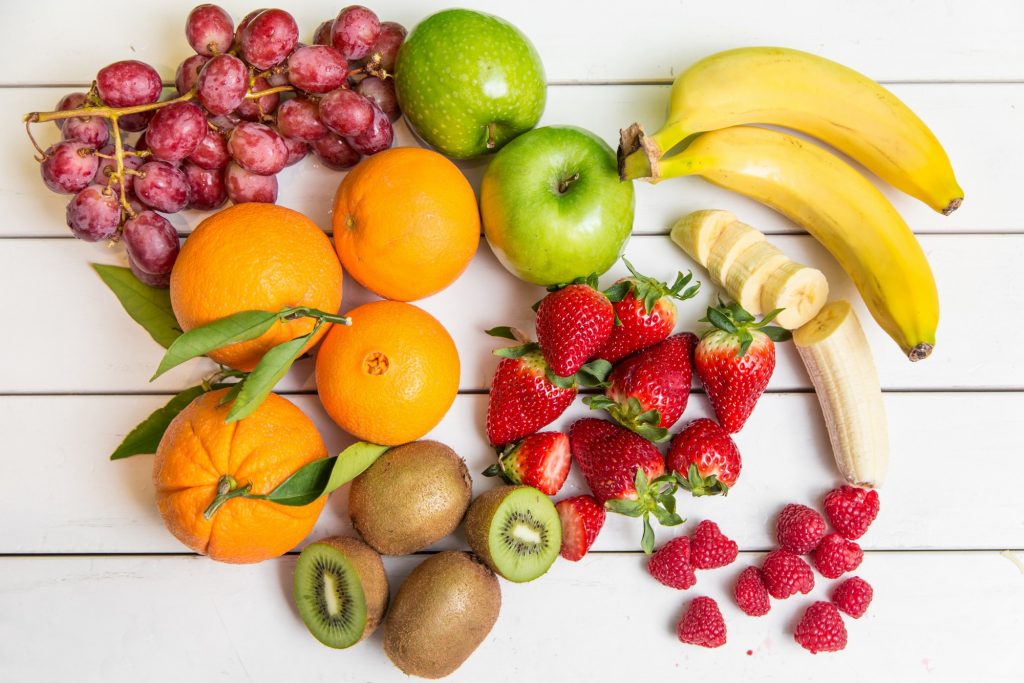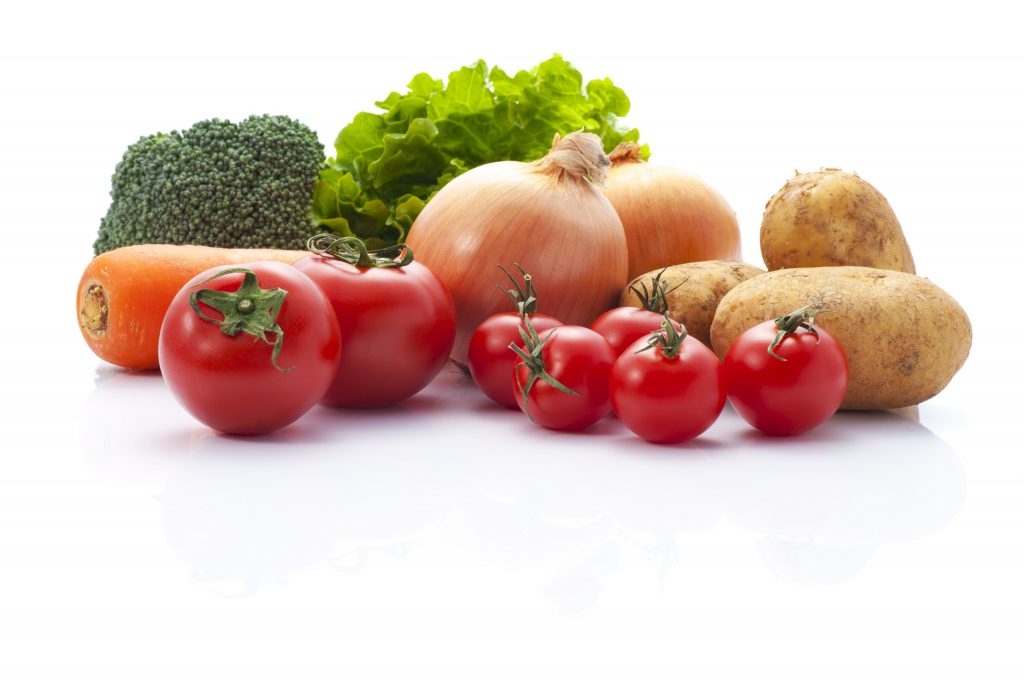
It’s no surprise that Warren and Metro Detroit Area consumers are not eating enough fruits and vegetables during a day to get the optimum amount of health benefits. Scientists from Imperial College London found that to get the best health benefits, individuals need to consume 10 servings of fruit and vegetables per day. That is a lot more than the minimum number of five servings per day that the USDA recommends.
To understand which fruits and vegetables to add to your daily diet, it is important to learn more about your potential choices, whether conventional or organic. Information about nutritional values, the health benefits of specific produce, preparation methods, and the pros and cons of different growing practices is just a click away.
Recent research indicates that the demand for organic fruits and vegetables has increased as organic fruits and vegetables account for the largest organic food segment. In 2015, they led the global organic food market with 37% of the revenue. As Janice Kresin writes in The Packer, the draw to organic produce is in its connection to the consumer’s health. “When it comes to fresh fruits and vegetables, organic produce attracts consumers because it ties the concept of healthful options for consumers and the environment to the growing awareness of chemicals put on foods.”
During the first half of 2017, the top 10 fruits and vegetables purchased, in descending order, are bananas, apples, grapes, strawberries, oranges, potatoes, tomatoes, onions, carrots, and lettuce. Each one of these offers specific vitamins, minerals, and antioxidants that can benefit a different part of the Warren and Metro Detroit Area consumer’s body.
 Fruit
Fruit
- bananas: source of potassium; help lower blood pressure
- apples: source of flavonoids, an antioxidant; lower risk of developing diabetes and asthma
- grapes: source of resveratrol, an antioxidant; help prevent heart disease and may reduce the spread of breast, stomach and colon cancer cells
- strawberries: great source of antioxidants; help decrease inflammation and hardened arteries
- oranges: source of folate, a vitamin for pregnant women, and hesperidin, a phytochemical that can lower triglyceride and cholesterol levels
Vegetables
- potatoes: source of soluble and insoluble fiber, vitamin C, and B-complex; help lower plasma LDL cholesterol keep blood sugar stable
- tomatoes: source of antioxidants, dietary fiber, minerals, and vitamins; protect against cancers and ultra-violet (UV) rays; protects eyes from “age-related macular related macular disease” (ARMD)
- onions: source of chromium, quercetin (an antioxidant), vitamin C, and B-complex; help control diabetes, offer anti-inflammatory properties, and help with brain health
- carrots: source of carotenes, vitamin A, vitamin C, B-complex, copper, calcium, potassium, and antioxidants; help protect against skin, lung, and oral cavity cancers, maintain eye health, and help maintain healthy connective tissue, teeth, and gums
- lettuce: source of vitamins and minerals; help prevent osteoporosis and iron-deficiency anemia, and protect against cardiovascular diseases, ARMD, Alzheimer’s disease, and cancers
To maintain a healthy diet, it is important for Warren and Metro Detroit Area adults to eat a wide variety of fruits and vegetables. One way to add in an extra serving of fruits and vegetables is to choose healthy snacks and beverages at the office that are made from fruits and vegetables. Whether you need to change your current healthy snack and beverage choices in your micro-market, or if you’ve never considered offering all-natural and organic products in your office break room vending machine, American Vending can help. Contact us at 248.895.2606 for more information.
